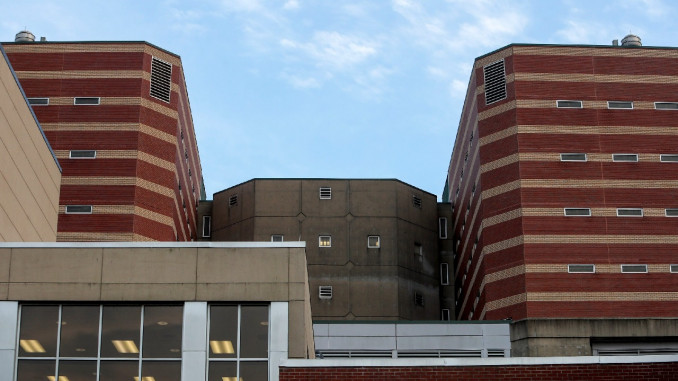
Recently in Tennessee, a woman held at the Montgomery County Jail was forced to give birth alone in her cell, over an hour after seeking medical help. Only two nurses were sent to attend to the pregnant woman, but they were not present when she gave birth, and jail staff failed to immediately get her to a hospital. This is not an isolated case in Tennessee, nor the U.S. Since 2017, three women filed lawsuits against county jails for having to give birth in cells; in 2021, a widow filed a lawsuit against Montgomery County Jail for ignoring her deceased husband’s medical and mental health needs as an inmate and leading to his death by suicide.
Healthcare access in prisons and jails is mediocre at best and puts the health and lives of incarcerated people at great risk. In a country with the highest incarceration rate in the world by at least one measure and an overwhelmed national healthcare system, providing proper medical attention for its carceral population is insignificant in the eyes of those who run the system.
The prison population is disproportionately and unjustly working-class and people of color. Nationwide, the communities these victims come from struggle to afford and access comprehensive medical attention, including reproductive health services, contributing to the U.S.’s high maternal mortality rates. The inhumane treatment of inmates and the injustices that occur behind bars are even worse.
This instance situation is a result of a social system that oppresses women and people of color. Its carceral system prioritizes punishment and exploitation, not justice nor preparation for a better life. it is little wonder that women in labor are left alone, endangering their lives and the lives of their infants.




